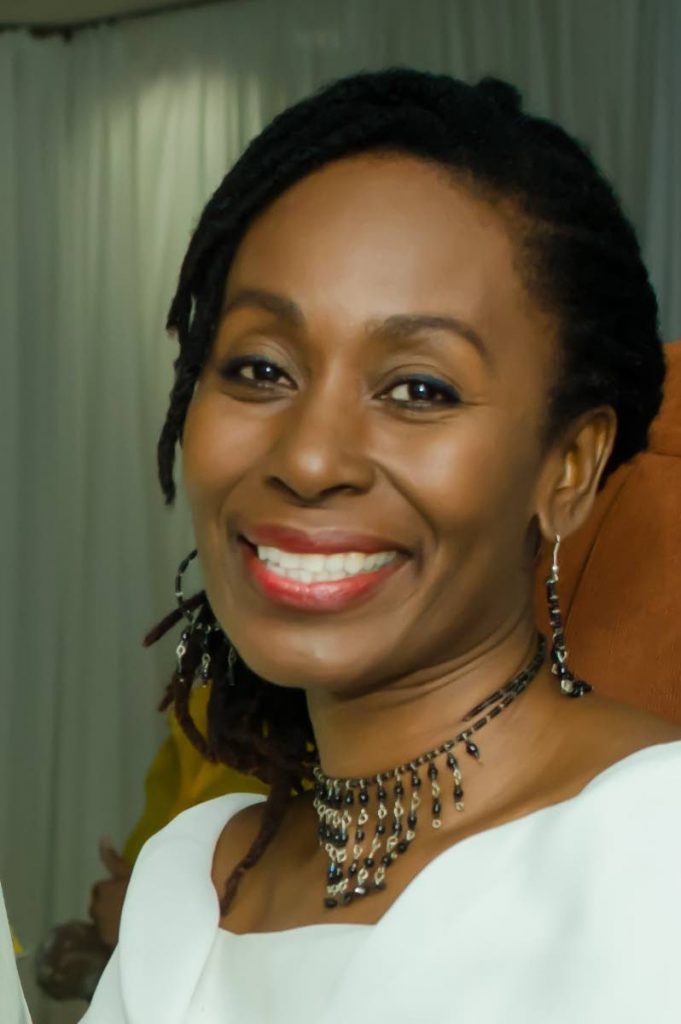Rituals of family and remembrance

Culture Matters
Choosing to Challenge
DARA E HEALY
UNCLE HAROLD. Tall with an imposing frame. Dark skin, bellowing laugh, serious expression. I have a child’s memory of him, so in my mind’s eye I am always looking up at his face. In my memory, all the children and adults are around him. In the dirt yard, sitting on a bench under the trees in Santa Cruz, he was the patriarch. He represented those who did not have a father or a brother or uncle, he made decisions and defended his family.
I have a clearer sense of these thoughts. I mean the thoughts surrounding women, children, men and families. Surrounding violence and loss, dysfunction and fear. I am thinking that the family is crucial now.
Of course, it always was, but over the decades we allowed foreign agendas to distort our understanding of the kind of family we need in the Caribbean. I think this is at the core of why we have not given enough attention to family. No, I am certain that this is what causes the disconnection.
We believed the western hype that something was wrong with a grandmother taking care of the children, or with a son living at home until he was strong enough to leave the nest completely. We also got to a point where nobody outside of the immediate family could say anything to our children or discipline them. Like how Uncle Harold would have done if he saw a child doing some nonsense in the yard. Like how my grandmother used to do.
So we want the children to leave the home as quickly as possible and the tradition of community parenting is barely practised. And though the proportion of older people continues to grow, the levels of elder abuse and general disregard for the aged are a disgraceful reminder of the fraying edges of family structures. I think of Uncle Harold and his pre-eminence as an elder. Today, the disregard for elders in private homes, business places and elsewhere evokes Derek Walcott’s Saddhu of Couva who laments, “...There are no more elders/Is only old people.”
Over the decades, our writers have tried to make sense of our families. Selvon, Hodge and others helped me to understand my place in the world. But in small apartments from Laventille to Embacadere and Roxborough, there is a great deal that happens in families which is unexplainable.
What should we do? In my memories of the elders, ritual was important. The bush bath, milky tea in the morning, cocoyea broom sweeping the yard, bedtime by a certain hour, the monthly purge with senna and salts. The values – always being on time, being satisfied with what one had to eat or wear, not accepting anything from strangers. In these thoughts I am having, I wonder if such practices are old-fashioned.
The digital world has allowed for the creation of online communities. In the worlds frequented by youth, who determines the rules, manages the participants and sets boundaries? What are the guidelines for parenting in the 21st century? In a world dominated by digital media, local solutions need to be incorporated into the online space. In addition to creating local content, we must address the issue of language. This is key, our stories, the mythology that makes us unique.
Ancient traditions fill my thoughts. How may we reach into the ways of the Warao or the Yoruba to help parents develop new rituals that repair and preserve their families? To create an understanding of warriorhood? To encourage creative thought and approaches to learning, rather than the colonial constructs which bore and demotivate our young people?
New interventions are urgently needed, implemented through our educational system from primary to tertiary level. We need to create solutions which teach families how to have at least one meal together; that even teaches them how to cook the meal. People still whisper about horrors such as children with disabilities who are abused by people in the home. Why do they whisper? The new rituals must teach us how to shout about dysfunction and break the culture of silence.
Our families are on the frontlines, trying to cope with the effects of a pandemic and everything that came before it. My uncle was from another time, but I am thinking that we need his eternal wisdom. My thoughts continue to swirl, but it is easier now to see through the fog. Our rituals of family and remembrance are needed now more than ever. Help me to claim them.
Dara E Healy is a performance artist and founder of the Indigenous Creative Arts Network – ICAN


Comments
"Rituals of family and remembrance"